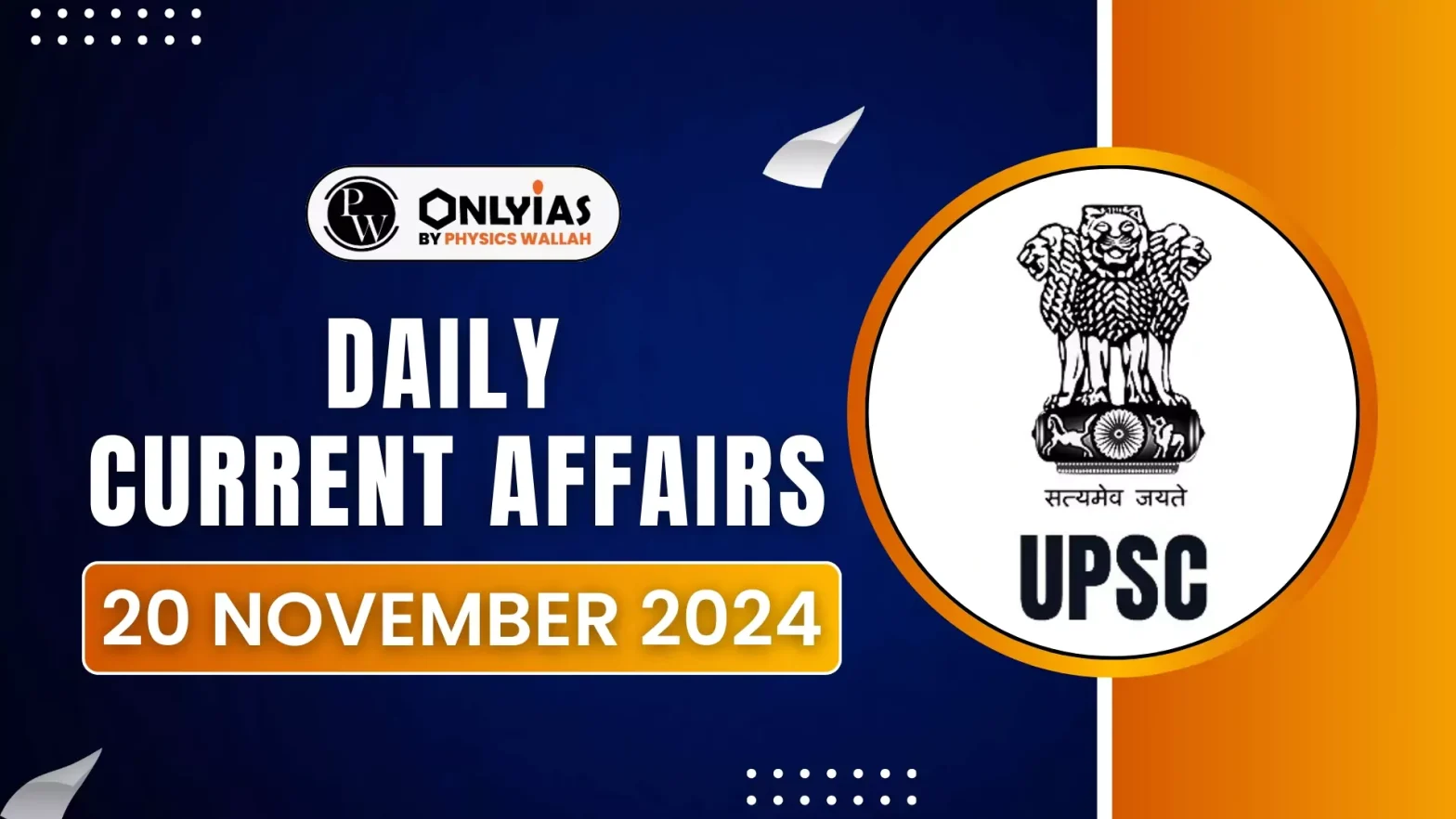The Supreme Court inquired about the delay in the delimitation process for Arunachal Pradesh, Assam, Manipur, and Nagaland after the 2020 Presidential order rescinding the deferral notification.
Key Highlights of the Case
- Judicial Observations: SC emphasised the need to initiate the process immediately after the deferment was withdrawn.
- The Chief Justice of India (CJI) stated that delimitation is a statutory obligation, requiring compliance once the notification is revoked.
- Petitioners’ Stand: The Delimitation Demand Committee filed a plea urging the court to intervene and ensure delimitation in the four northeastern states given that the deferment had already been lifted by the President.
- Election Commission’s Position:
- Election Commission of India (ECI), argued that delimitation could proceed only upon the Centre’s directive.
- The court questioned this stance, asserting that the President’s withdrawal of deferment suffices to commence delimitation.
- Centre’s View: Cited unfavourable conditions in Manipur and ongoing discussions for other states.
- The Supreme Court directed updates on progress during the next hearing in January 2025.
Enroll now for UPSC Online Course
About Delimitation
- Delimitation is the act of redrawing boundaries of Lok Sabha and state Assembly seats to represent changes in population.
About Delimitation Commission
- It is an independent body to carry out delimitation.
- It works in collaboration with the Election Commission of India without any executive influence.
- Appointed by: the President of India under provisions of the Delimitation Commission Act.
- Composition: A retired Supreme Court judge, the Chief Election Commissioner of India and respective State Election Commissioners.
- Constitutional provisions: The Commission’s orders are final and cannot be questioned before any court as it would hold up an election indefinitely.
|
- The main objective of delimitation is to provide equal representation to equal segments of a population.
- Delimitation of constituencies is periodically carried out to reflect not only an increase in population but changes in its distribution.
Process of Delimitation
- Article 82: Parliament is to enact a Delimitation Act after every Census. Once the Act is in force, the Union government sets up the Delimitation Commission.
- Article 170: States also get divided into territorial constituencies as per Delimitation Act after every Census.
- The Commission is supposed to determine the number and boundaries of constituencies in a way that the population of all seats, so far as practicable, is the same.
- The Commission is also tasked with identifying seats reserved for Scheduled Castes and Scheduled Tribes.
Check Out UPSC CSE Books From PW Store
Previous delimitation exercises
- Delimitation Commissions have been set up four times — 1952, 1963, 1973 and 2002 under the Acts of 1952, 1962, 1972 and 2002.
- There was no delimitation after the 1981, 1991 and 2001 Censuses.
- However, the 2002 Act did not make any changes in total Lok Sabha seats or their apportionment between various states.
- It also left out a few states including Assam, Arunachal Pradesh, Nagaland and Manipur from the exercise due to security risks.
- The central government reconstituted the Delimitation Commission for these four states as well as the union territory of Jammu and Kashmir in 2020.
![]() 20 Nov 2024
20 Nov 2024

